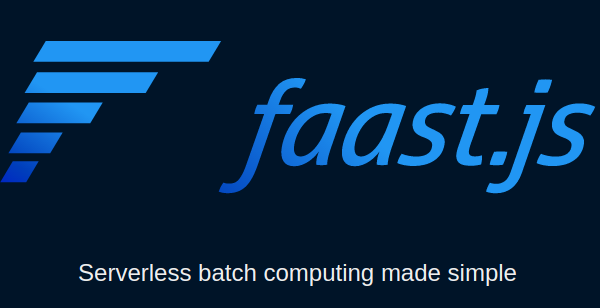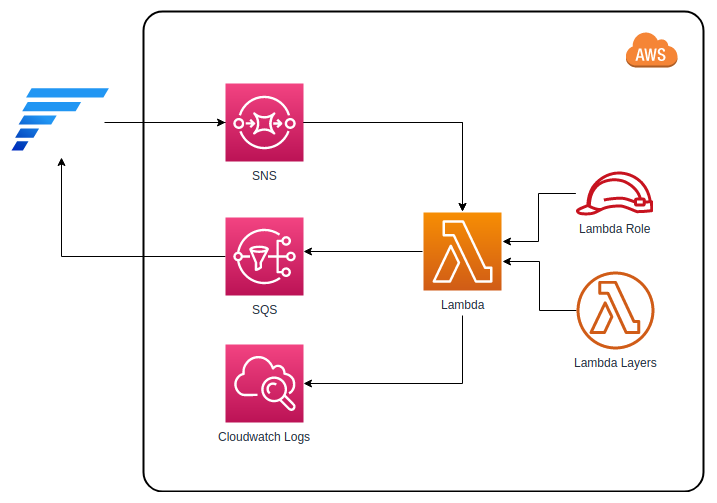Year: 2019
Welcome to HTTPS
Finally, after years and years of recommending Let’s Encrypt to everyone, this blog has now followed its own advice and moved to HTTPS. All the old links should be automatically redirected as well, so most people probably won’t notice any difference. But if you do, please do let me know.
Container misconceptions
Ricard Bejarano points out a few container misconceptions. I particular like the bit about Swarm as a better option than Kubernetes for individual projects and small setups (1-2 nodes):
Swarm is Docker, Inc.’s orchestrator. It started development five years ago. It’s built into the Docker Engine, which makes it the same to run it on development machines as in production servers.
In my opinion, it is much less powerful than Kubernetes, and I would vote against using it in a business environment.
That said, I’m a happy admin of a single-node Swarm running all of my personal services at home. But that’s it. I wouldn’t use it for anything with more than 1-2 nodes, but for those applications, I feel is the right tool for the job.
faast.js – serverless batch computing made simple

faast.js is a new framework that makes writing serverless functions super easy. Read more about it in this introductory blog post:
Faast.js started as a side project to solve the problem of large scale software testing. Serverless functions seemed like a good fit because they could scale up to perform work in parallel, then scale down to eliminate costs when not being used. Even better, all infrastructure would be managed by the cloud provider. It seemed like a dream come true: a giant computer that could be as big as needed for the job at hand, yet could be rented in 100ms increments.
But trying to build this on AWS Lambda was challenging:
* Complex setup. Lambda throws you into the deep end with IAM roles, permissions, command line tools, web consoles, and special calling conventions. Lambda and other FaaS are oriented towards an event-based processing model, and not optimized for batch processing.
* Primitive package dependency support. Everything has to be packaged up manually in a zip file. Every change to the code or tests requires a manual re-deploy.
* Native packages. Common testing tools like puppeteer are supported only if they are compiled specially for Lambda.
* Persistent infrastructure. Logs, queues, and functions are left behind in the cloud after a job is complete. These incur costs and count towards service limits, so they need to be managed or removed, creating an unnecessary ops burden.
* Developer productivity. Debugging, high quality editor support, and other basic productivity tools are awkward or missing from serverless function development tooling.
Faast.js was born to solve these and many other practical problems, to make serverless batch processing as simple as possible.
And here’s the quick visualization of the architecture for you.

PHP in 2019
Here’s a nice overview of “PHP in 2019” for those who are still trying to avoid the language because of some preconceived or outdated reasons.
TL;DR
* PHP is actively developed with a new release each year
* Performance since the PHP 5 era has doubled, if not tripled
* There’s a extremely active eco system of frameworks, packages and platforms
* PHP has had lots of new features added to it over the past few years, and the language keeps evolving
* Tooling like static analysers has matured over the past years, and only keeps growing
And here are some of the recent features that have made it into the language:
Here’s a non-exhaustive list of new features in PHP:
* Short closures
* Null coalescing operator
* Traits
* Typed properties
* Spread operator
* JIT compiler
* FFI
* Anonymous classes
* Return type declarations
* Contemporary cryptography
* Generators
* Lots more